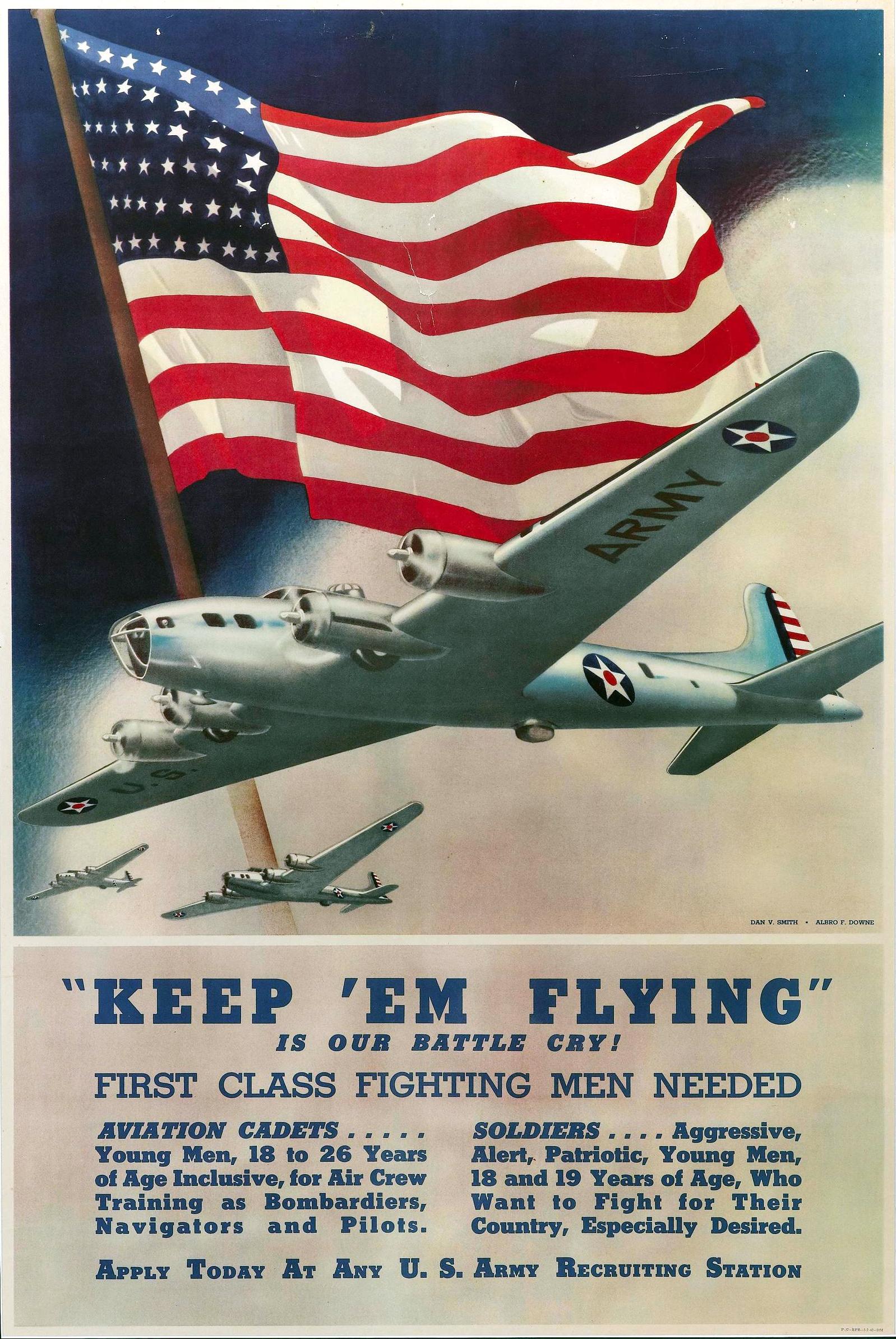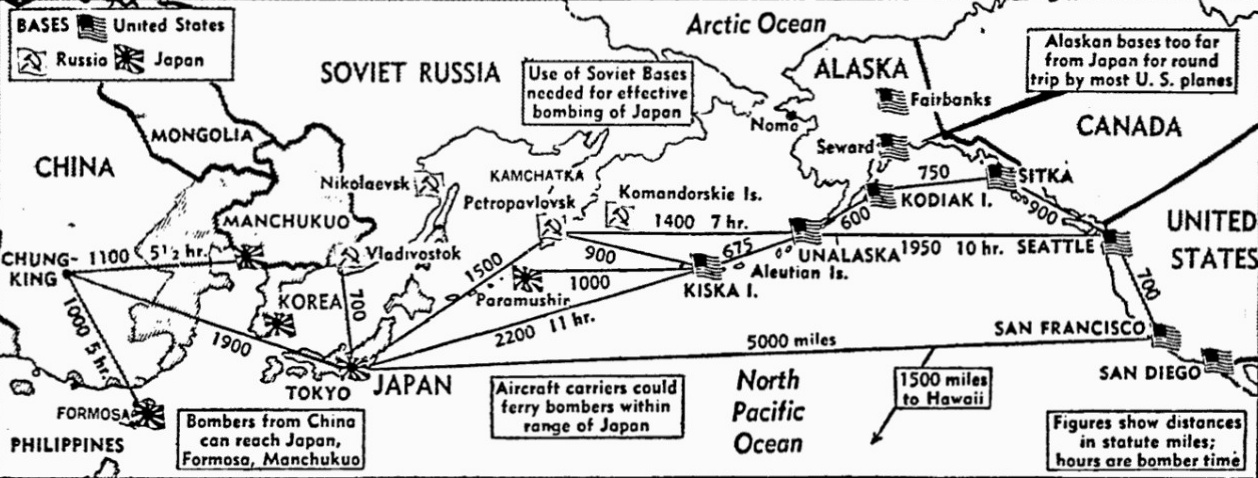U.S. fliers down three Jap planes
Chungking, China (UP) – (Jan. 17)
American volunteer pilots shot down three Japanese planes over the Burma Road in southern Yunnan Province today while war communiqués reported that small Chinese units inflicted heavy casualties on Japanese invaders during night raids on a half-dozen interior fronts.
A Central News Agency dispatch from Kunming said the Japanese planes were brought down by four American pilots near Mengtse without the loss of an American plane.
The Chinese war communiqué claimed each guerilla attack was knocking the Japanese back toward the east coast. The invaders were reported in running retreat following raids in north Hunan, north Kiangsi, western Hupeh, north Henan and north Anhwei.

